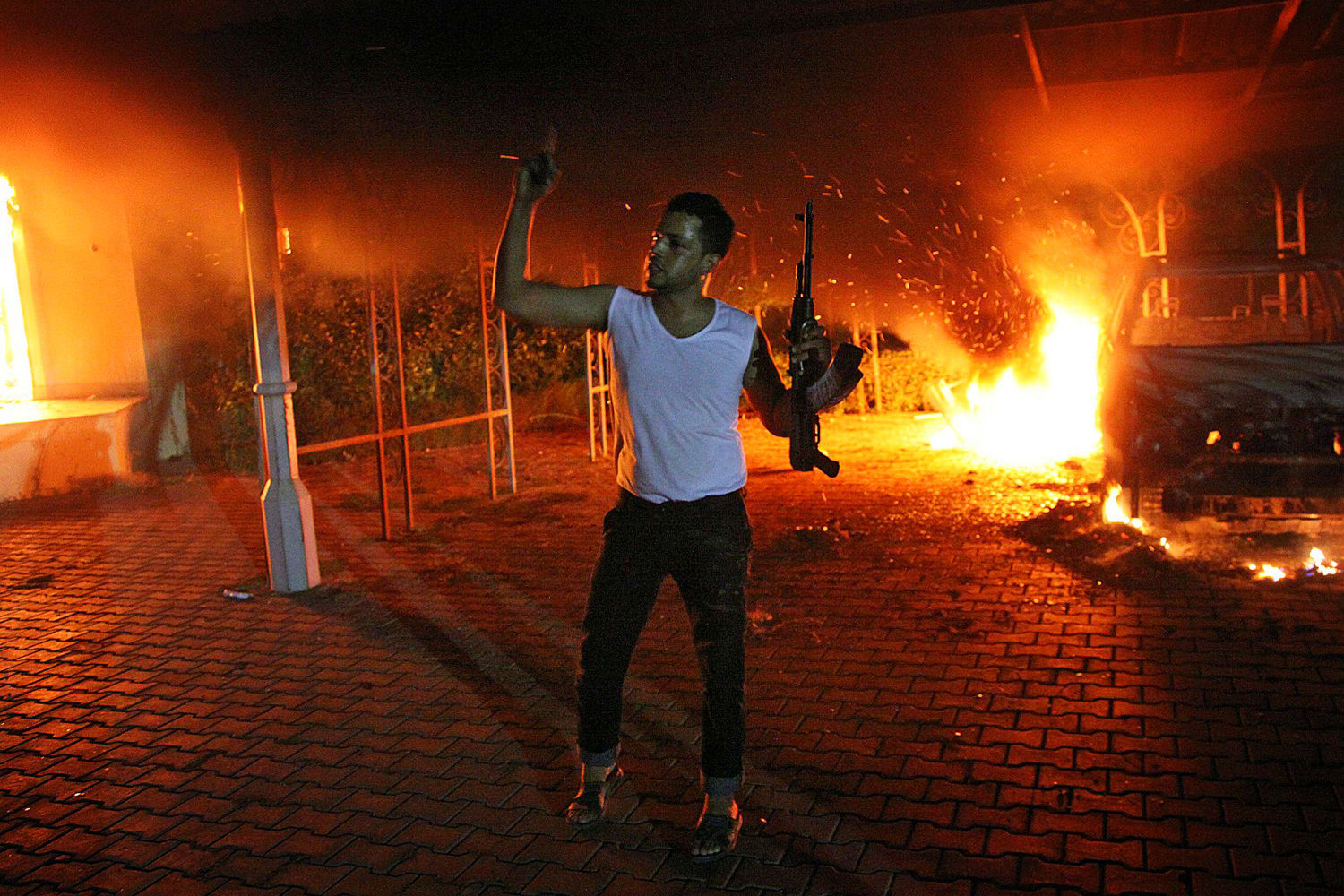What the hell is a safe space?
With numerous College campuses already seeing outrage and protests, and more being added daily, we can't help but wonder, what the hell is a safe space? The general theme across these campus movements seems to revolve around students not have to experience anything outside of the culture that they know. Which goes against one of the goals of getting an education. It also goes against the First Amendment. What have we as a society done when an issue like this has been a leader in the news for weeks now. From Fox News:So-called "safe spaces" -- where students can shield themselves from uncomfortable or dissenting viewpoints -- might be all the rage on college campuses, but they would not have been too popular with the founding fathers, say Constitutional law experts."I think the problem is they're trying to use this word 'safe' – which conveys the image of a violent attack – and turning it into safe from ideas and statements we find offensive," said UCLA law professor Eugene Volokh. "There is no right to be safe from that.""That is directly contrary to what universities are all about," Volokh told FoxNews.com Friday.
"They want complete control over their personal lives, over their sex lives, over the use of drugs, but they want mommy and daddy dean to please give them a safe place, to protect them from ideas that maybe are insensitive, maybe will make them think."- attorney Alan Dershowitz
The controversy over such zones comes after a string of recent, racially-charged incidents at universities nationwide that -- while different -- share a common denominator: the promotion of a "PC culture" where real or perceived threatening thoughts or ideas should not be tolerated.Such a heated debate played out on the campus of Yale University last week -- one over culturally sensitive Halloween costumes that was recorded in a video that has since gone viral.

On Oct. 30, Erika Christakis, Yale faculty member and associate "master" of Silliman College -- a residential community within the university -- sent an e-mail to students in which she questioned an earlier missive by the university that urged students to "take the time to consider their [Halloween] costumes and the impact it may have" -- including feathered headdresses, turbans, wearing "war paint" or changing the color of one's skin tone."Dear Sillimanders," Christakis' e-mail began. "I don’t wish to trivialize genuine concerns about cultural and personal representation, and other challenges to our lived experience in a plural community. I know that many decent people have proposed guidelines on Halloween costumes from a spirit of avoiding hurt and offense. I laud those goals, in theory, as most of us do.""But in practice, I wonder if we should reflect more transparently, as a community, on the consequences of an institutional (which is to say: bureaucratic and administrative) exercise of implied control over college students," Christaki said.Referring to her husband, Silliman College "master" and Yale professor, Christakis added, "Nicholas says, if you don’t like a costume someone is wearing, look away, or tell them you are offended. Talk to each other. Free speech and the ability to tolerate offense are the hallmarks of a free and open societySee the full article from Fox News.As a former Soldier and getting to work with many Veterans on a daily basis, I have to wonder how it is that as a whole, members of the Armed Forces can come together for a common goal, no matter their background. There are countless stories of Military members only getting to know someone from other races or backgrounds for the first time in basic training. While this is an issue that has been worked on for decades, it is one that was not ignored, but rather the discussions were opened. How can we expect these students to be the future of business or even to run this country if they can't handle even discussing things that might upset their feelings? We may be in for a very long ride.



%201.svg)









